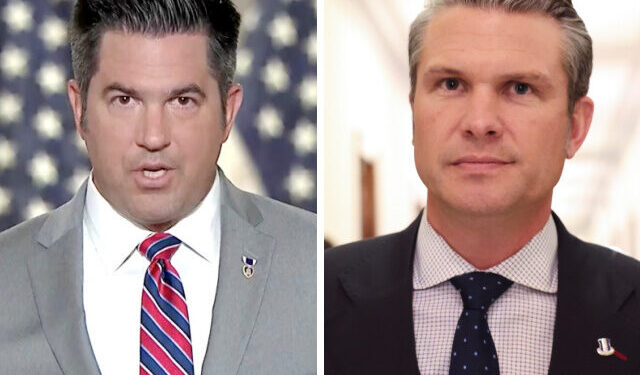This week’s headlines brought yet another whirlwind of political drama, and boy, do we have a lot to unpack. Let’s dive into the controversy surrounding Pete Hegseth, President-elect Donald Trump’s nominee for Defense Secretary, and the media frenzy sparked by a recent New Yorker article by Jane Mayer.
What’s the story?
Mayer published a piece rehashing claims from over a decade ago, based on anonymous sources, accusing Hegseth of drinking at after-work events, mishandling leadership duties at veterans’ advocacy organizations, and being forced to resign.
But here’s where it gets interesting—combat veteran Sean Parnell, who worked closely with Hegseth, came forward to debunk the article. Speaking to Compact Magazine, Parnell didn’t mince words: “I was there for most of those alleged incidents, and this stuff is just complete fabrications.” He clarified that the accusations came from former employees who were let go as the organization grew due to underperformance.
Parnell also dismissed claims that Hegseth was forced out, revealing that the decision to leave was based on professional differences, particularly over foreign policy directions. As for rumors that Hegseth struggled to find work after leaving, Parnell pointed out that Hegseth was already working with Fox News and negotiating other high-profile opportunities.
Receipts, anyone?
The New York Post backed up Parnell’s account, publishing a 2016 letter from a Concerned Veterans for America (CVA) trustee. It stated that Hegseth’s departure was voluntary, adding that his leadership had significantly contributed to the organization’s growth.
Things take a sharp turn
Instead of addressing Parnell’s defense, Mayer went on the offensive, accusing Parnell of past misconduct based on allegations from a contentious divorce. Parnell, a Purple Heart recipient, clapped back: “I know exactly how it feels to be falsely accused with zero corroborating evidence by soulless hacks like you.”
His wife, Melanie, joined the fray, lambasting Mayer for parroting baseless allegations while ignoring similar claims against other political figures.
A history of controversy
This isn’t Mayer’s first rodeo. She previously promoted the now-debunked Steele Dossier and gushed over political figures like Barack Obama while criticizing Trump’s administration. Her reporting, often colored by partisan undertones, raises questions about journalistic integrity.
Why this matters
In a time when truth feels like a rare commodity, stories like these remind us to dig deeper. It’s easy to get swept up in sensationalism, but as Parnell pointed out, we owe it to ourselves to separate fact from fiction.
Want to read more? Check out Compact Magazine’s interview and The New York Post’s supporting letter.




































